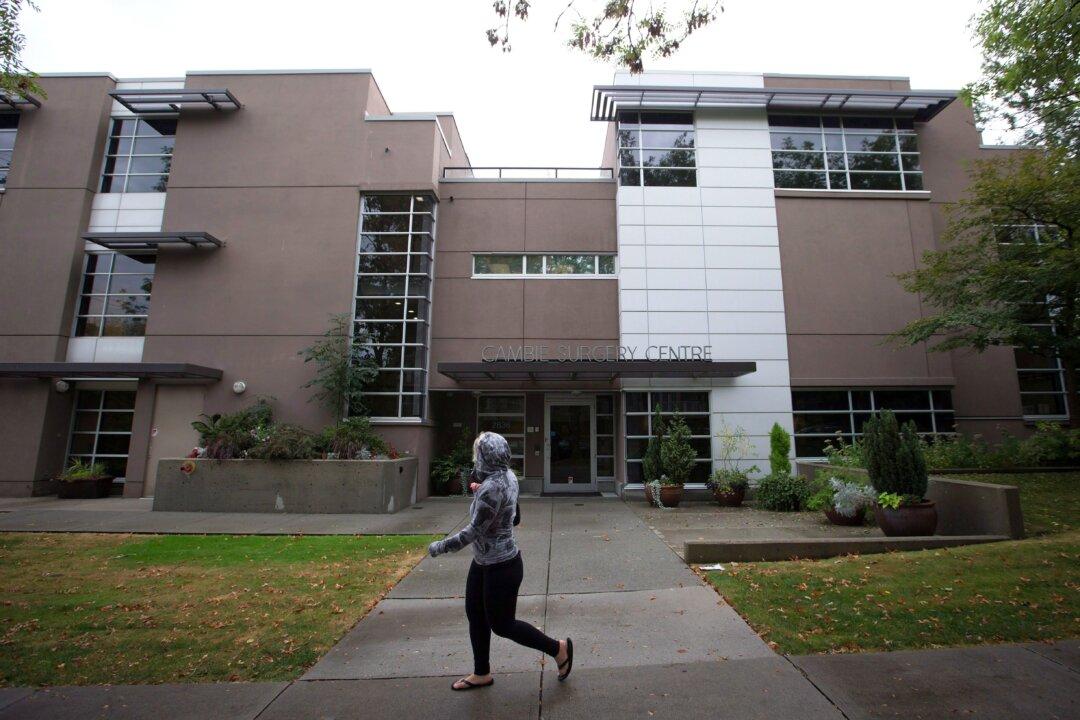Advocates for private health care say they’re disappointed in the B.C. Court of Appeal’s ruling against a constitutional challenge brought forward by a Vancouver surgical clinic, as they say patients are dying on wait-lists.
Cambie Surgeries Corporation issued a constitutional challenge against two sections of B.C.’s Medical Protection Act that prevent doctors from billing patients above the rate paid through the Medical Services Plan (MSP) and prohibit the sale of private insurance that covers treatment provided under MSP.





